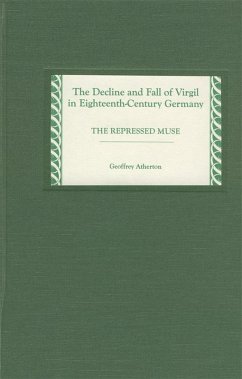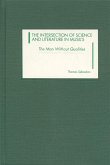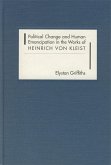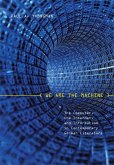A look at the dismissal of Virgil by 18th-century poets, who nevertheless continued to be influenced by his works.
In the early modern period, the culture of Rome, with Virgil as its greatest figure, was the model for emulation. The age of Louis XIV compared itself to the Augustan age, and Dryden hailed Virgil as "my Divine Master." But in 18th-century Europe, a general shift occurred in favor of Greece, a trend that was most pronounced in Germany. Winckelmann, the spokesman for philhellenism, extolled Greek art and dismissed all Roman art as derivative and Virgil as second rate and incapable of understanding true beauty. Yet he nonetheless remained indebted to Virgil for his view of Greek art, although he failed to recognize it. The export of Winckelmann's new view of Virgil and more generallyRoman culture -- shared to varying extents by Lessing, Herder, Goethe, and the brothers Schlegel -- to the rest of Europe in the 19th century, particularly to the English-speaking world via Coleridge and Matthew Arnold soon madeit the reigning dogma: indeed it formed the point of departure for Virgil scholarship in the 20th century. This, however, did not prevent German poets from using Virgil, although neither they nor later scholars called attention toit. Virgil became a repressed muse, and has a continued, unexamined presence in the epic and idyll of Klopstock, Wieland, Goethe, and Novalis. Geoffrey Atherton's comparative investigation of the relation of modernity to antiquity through Virgil and his twofold reception represents a new perspective on this issue.
Geoffrey Atherton is Assistant Professor in the Department of German Studies at Connecticut College.
In the early modern period, the culture of Rome, with Virgil as its greatest figure, was the model for emulation. The age of Louis XIV compared itself to the Augustan age, and Dryden hailed Virgil as "my Divine Master." But in 18th-century Europe, a general shift occurred in favor of Greece, a trend that was most pronounced in Germany. Winckelmann, the spokesman for philhellenism, extolled Greek art and dismissed all Roman art as derivative and Virgil as second rate and incapable of understanding true beauty. Yet he nonetheless remained indebted to Virgil for his view of Greek art, although he failed to recognize it. The export of Winckelmann's new view of Virgil and more generallyRoman culture -- shared to varying extents by Lessing, Herder, Goethe, and the brothers Schlegel -- to the rest of Europe in the 19th century, particularly to the English-speaking world via Coleridge and Matthew Arnold soon madeit the reigning dogma: indeed it formed the point of departure for Virgil scholarship in the 20th century. This, however, did not prevent German poets from using Virgil, although neither they nor later scholars called attention toit. Virgil became a repressed muse, and has a continued, unexamined presence in the epic and idyll of Klopstock, Wieland, Goethe, and Novalis. Geoffrey Atherton's comparative investigation of the relation of modernity to antiquity through Virgil and his twofold reception represents a new perspective on this issue.
Geoffrey Atherton is Assistant Professor in the Department of German Studies at Connecticut College.
Dieser Download kann aus rechtlichen Gründen nur mit Rechnungsadresse in A, D ausgeliefert werden.









